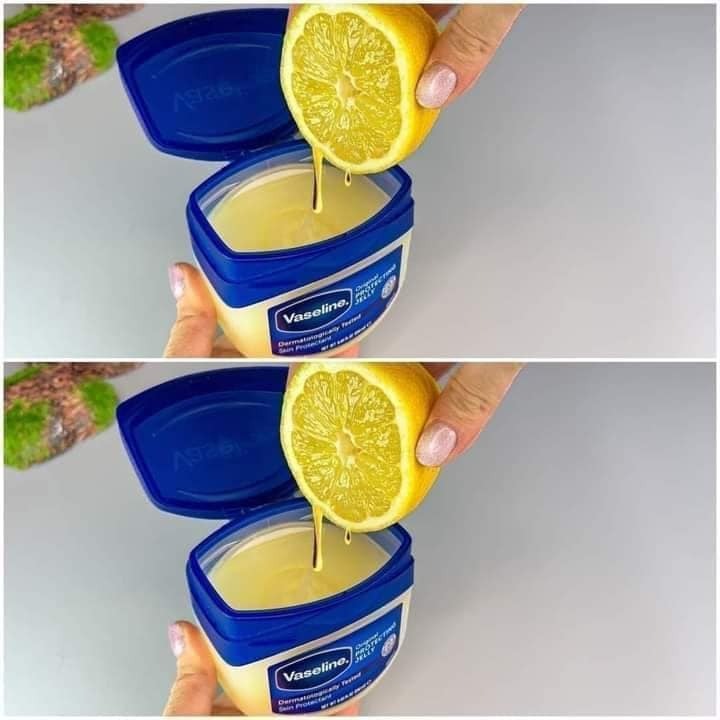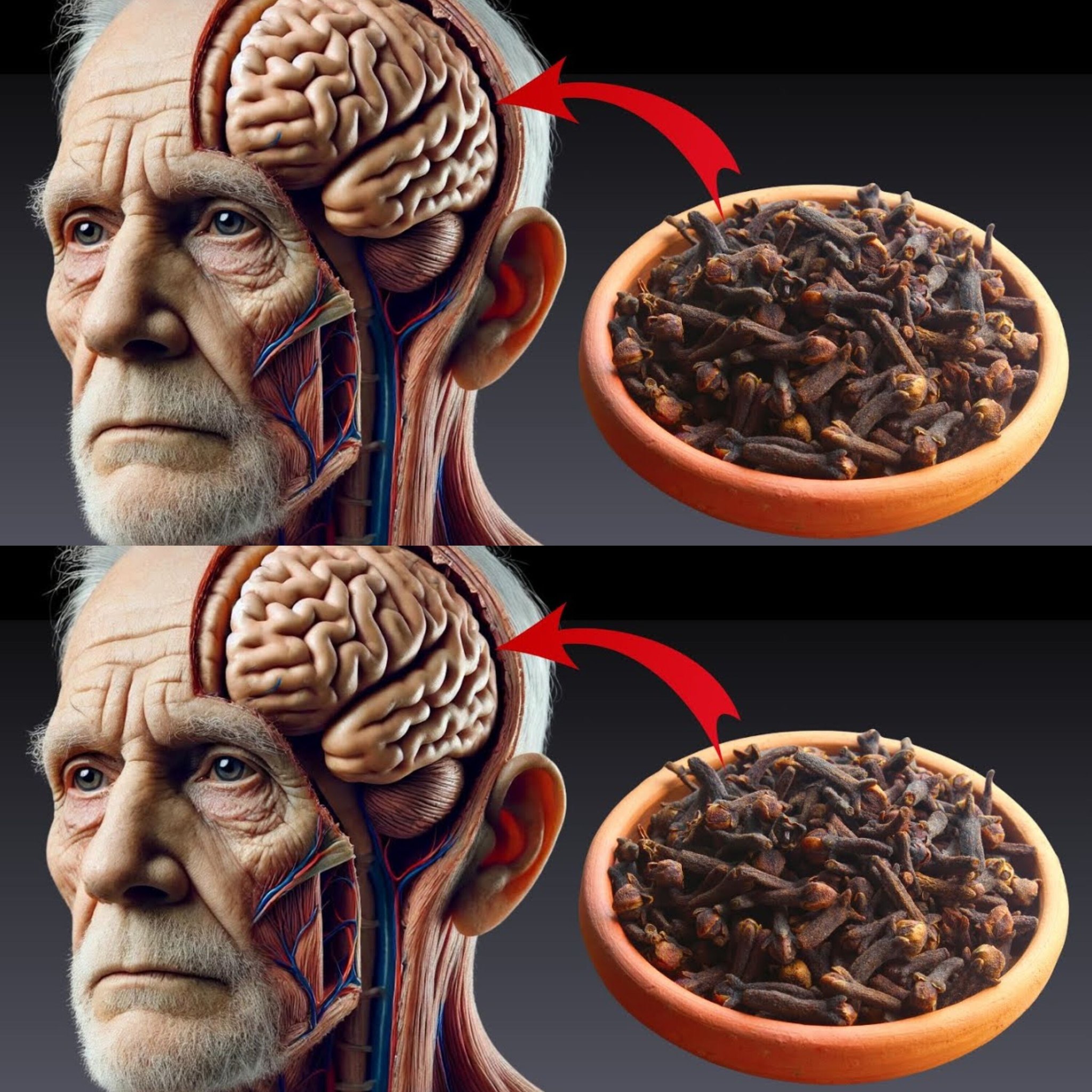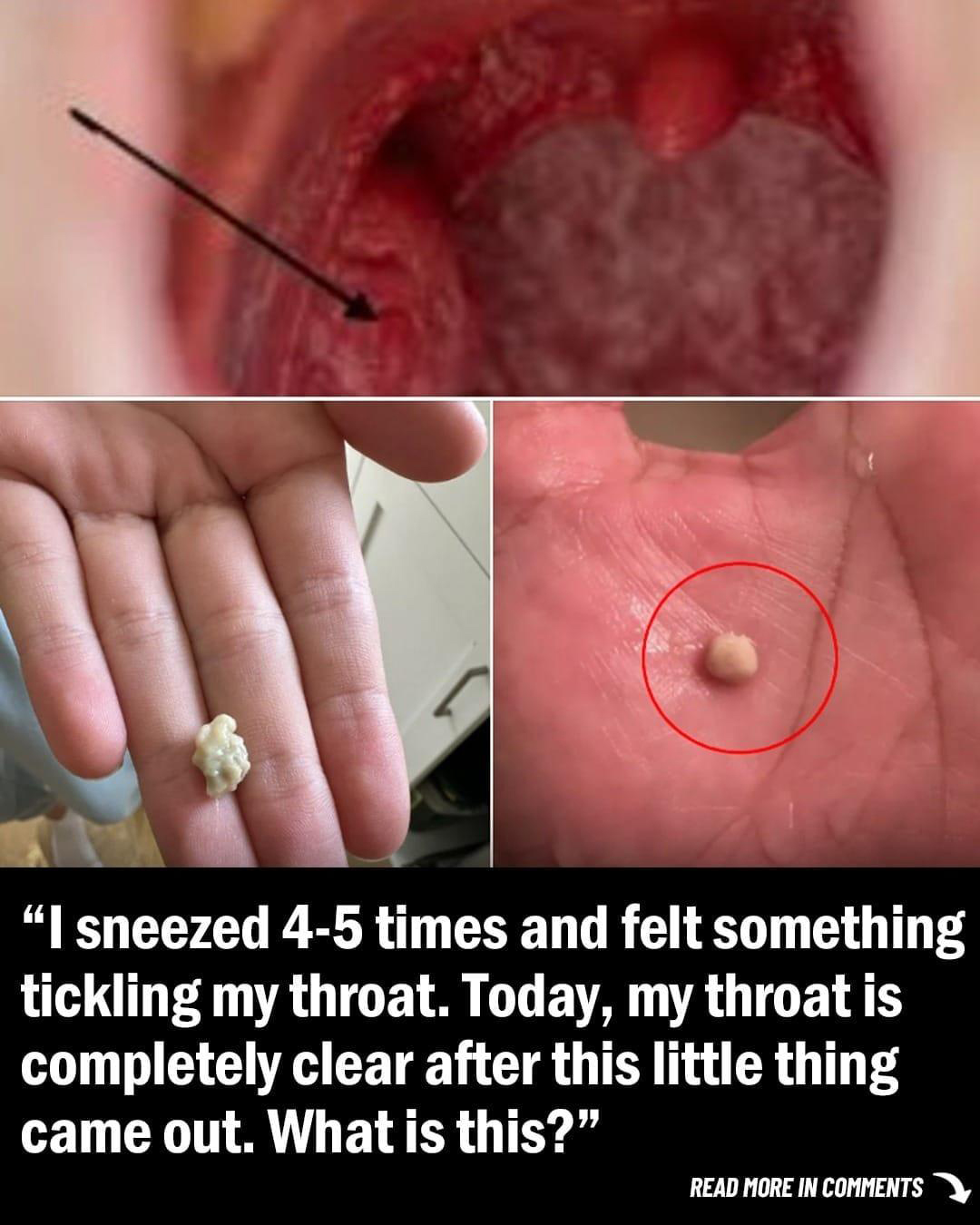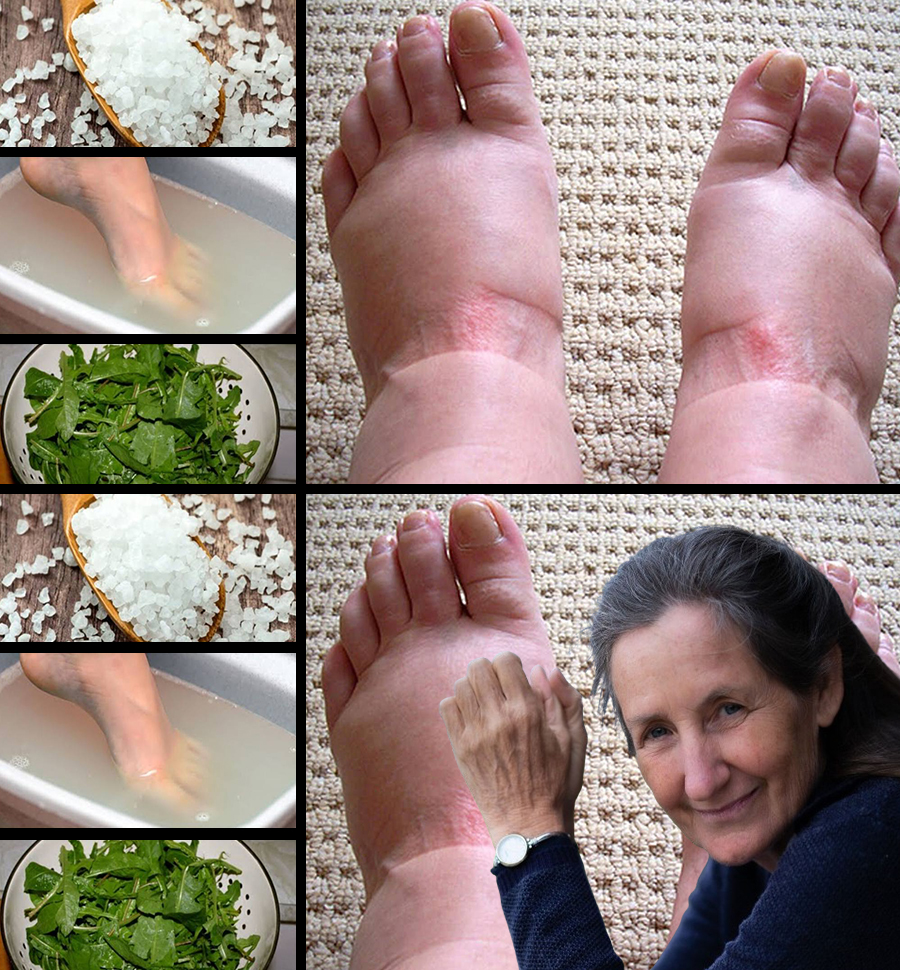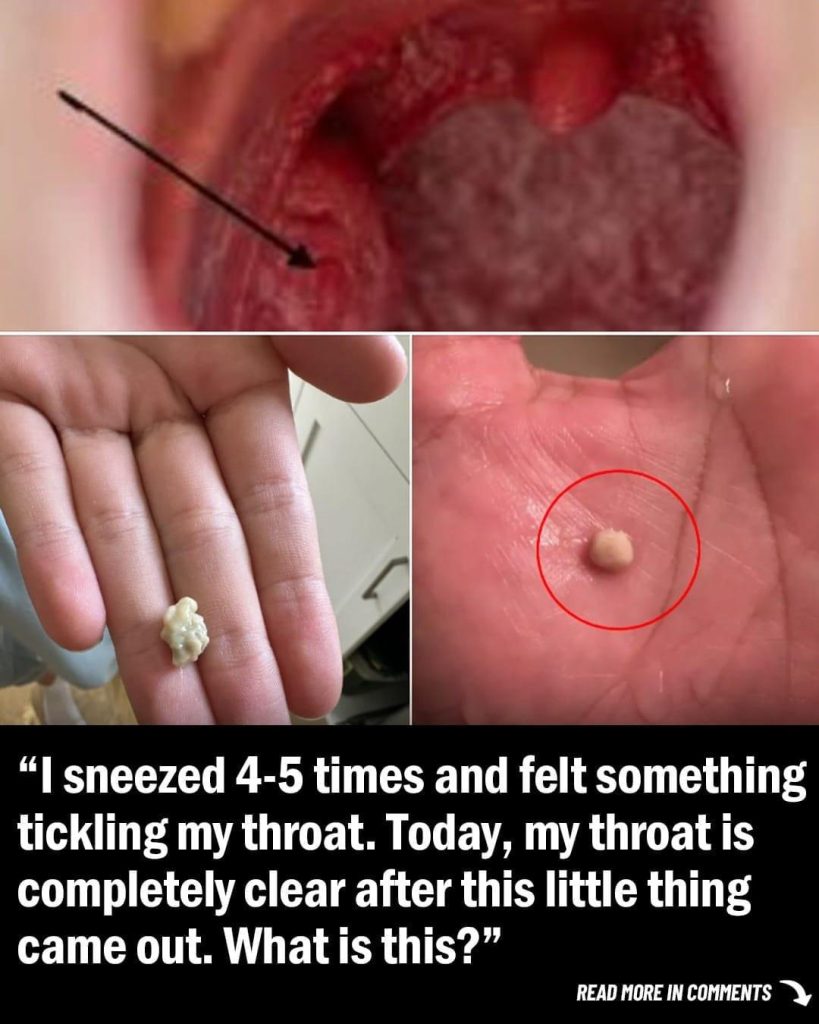
Tonsil Stones: What They Are and How to Manage Them
Tonsil stones, also known as tonsilloliths, are a common yet often misunderstood condition. While they are not life-threatening, they can cause discomfort and unpleasant symptoms. In this guide, we’ll explore everything you need to know about tonsil stones, including their causes, symptoms, treatment options, and preventive measures.
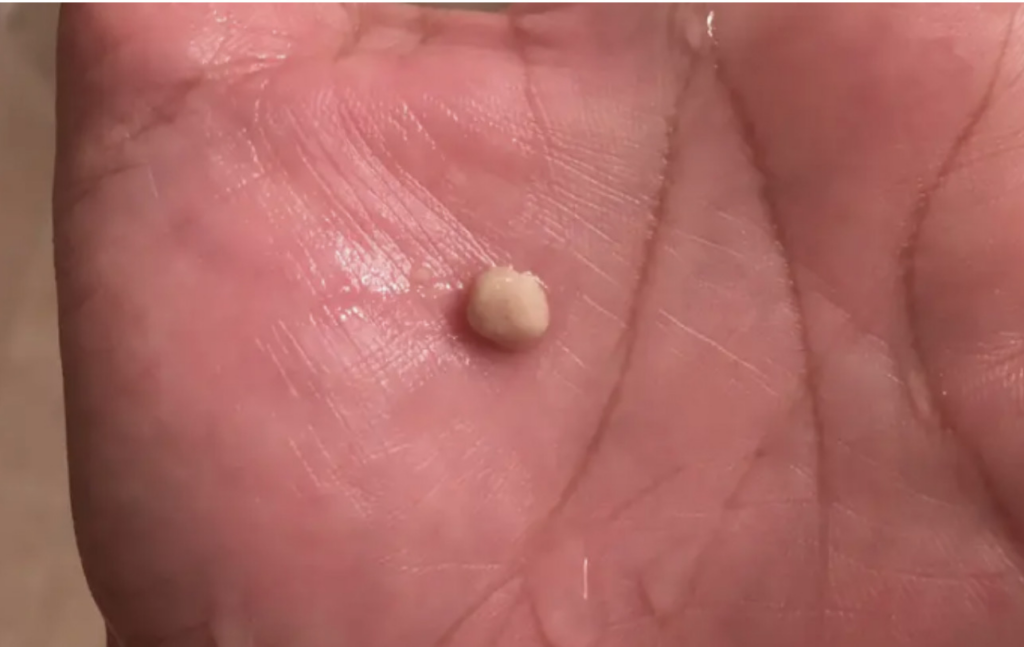
What Are Tonsil Stones?
Tonsil stones are small, hard deposits that form in the crevices of your tonsils. These stones are made up of trapped debris such as food particles, dead cells, and bacteria that calcify over time. They are most commonly found in individuals with larger tonsil crypts, where debris can easily accumulate.
While tonsil stone are generally harmless, they can cause bad breath, discomfort, and even lead to tonsillitis in some cases. Understanding the symptoms and causes of tonsil stones is the first step toward effective management.
Symptoms of Tonsil Stone
Tonsil stones can vary in size, and their symptoms often depend on their size and location. Common symptoms include:
- Persistent bad breath (halitosis): The bacteria in tonsil stones can produce sulfur compounds, leading to unpleasant breath.
- Sore throat: Larger stones can irritate the throat, causing discomfort or pain.
- Difficulty swallowing: Tonsil stones can obstruct the throat, making swallowing uncomfortable.
- Ear pain: Although not directly connected to the ears, the shared nerve pathways can cause referred pain.
- Swollen tonsils: The presence of stones may lead to inflammation or redness in the tonsils.
- Visible white or yellow spots: These may be seen at the back of the throat, indicating the presence of stones.
If you experience these symptoms, consult a healthcare provider for an accurate diagnosis.

Read more: 9 Warning Signs Your Body Might Show a Month Before a Heart Attack
Causes of Tonsil Stone
Tonsil stones form when debris becomes trapped in the tonsil crypts and calcifies over time. Factors that contribute to their formation include:
- Poor oral hygiene.
- Chronic tonsillitis or recurrent throat infections.
- Large tonsil crypts.
- Excessive mucus production.
- Dry mouth, which can promote bacterial growth.
Diagnosing Tonsil Stone
Diagnosing tonsil stones typically involves a physical examination. A healthcare provider may use a light to inspect the throat and identify the stones. In some cases, imaging tests such as X-rays or CT scans may be used to detect deeper or larger stones.
Treatment Options for Tonsil Stone
At-Home Treatments
For small tonsil stone that are not causing significant discomfort, at-home remedies may be sufficient:
- Saltwater gargles: Dissolve a teaspoon of salt in warm water and gargle to reduce inflammation and dislodge stones.
- Cotton swabs: Gently use a cotton swab to remove visible stones. Be cautious to avoid injuring the tonsils.
- Oral irrigators: Devices like water flossers can help flush out debris from the tonsil crypts.
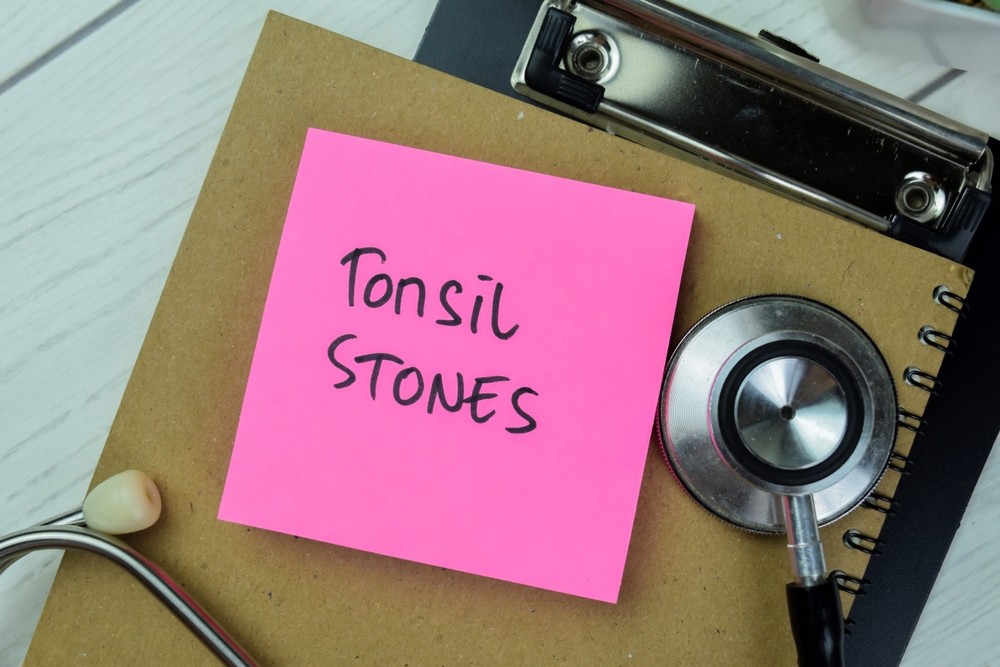
Medical Treatments
If tonsil stones are persistent or causing severe symptoms, medical treatments may be necessary:
- Medicated gargles: Antimicrobial mouthwashes can reduce bacteria and prevent stone formation.
- Laser cryptolysis: A minimally invasive procedure that smooths the tonsil surface to prevent debris accumulation.
- Tonsillectomy: In severe or recurrent cases, removing the tonsils entirely may be recommended.
Preventing Tonsil Stone
Good Oral Hygiene
Maintaining a clean mouth is the best way to prevent tonsil stones:
- Brush your teeth and tongue at least twice daily.
- Floss regularly to remove trapped food particles.
- Use an antimicrobial mouthwash to kill bacteria.
Stay Hydrated
Drinking plenty of water helps keep your mouth moist and reduces the risk of debris accumulating in the tonsils.
Diet Adjustments
Avoid foods that can easily get trapped in the tonsils, such as nuts and seeds. Incorporate a balanced diet rich in fruits and vegetables to promote overall oral health.
Quit Smoking
Smoking irritates the tonsils and promotes bacterial growth, increasing the likelihood of tonsil stones.

Read more: Experience the Power of Clove Tea: Uncover the Incredible Benefits of Boiling Cloves
When to See a Doctor
While tonsil stones are usually harmless, consult a healthcare provider if:
- You experience persistent or severe symptoms.
- Tonsil stones cause frequent infections or tonsillitis.
- At-home treatments fail to provide relief.
Final Thoughts on Tonsil Stone
Tonsil stone, though uncomfortable, are manageable with proper care and attention. By maintaining good oral hygiene, staying hydrated, and seeking medical advice when necessary, you can reduce their occurrence and impact on your daily life.
Understanding the causes and symptoms of tonsil stone is key to addressing them effectively. With these tips, you can take proactive steps to maintain your oral health and prevent tonsil stones from becoming a recurring issue.


